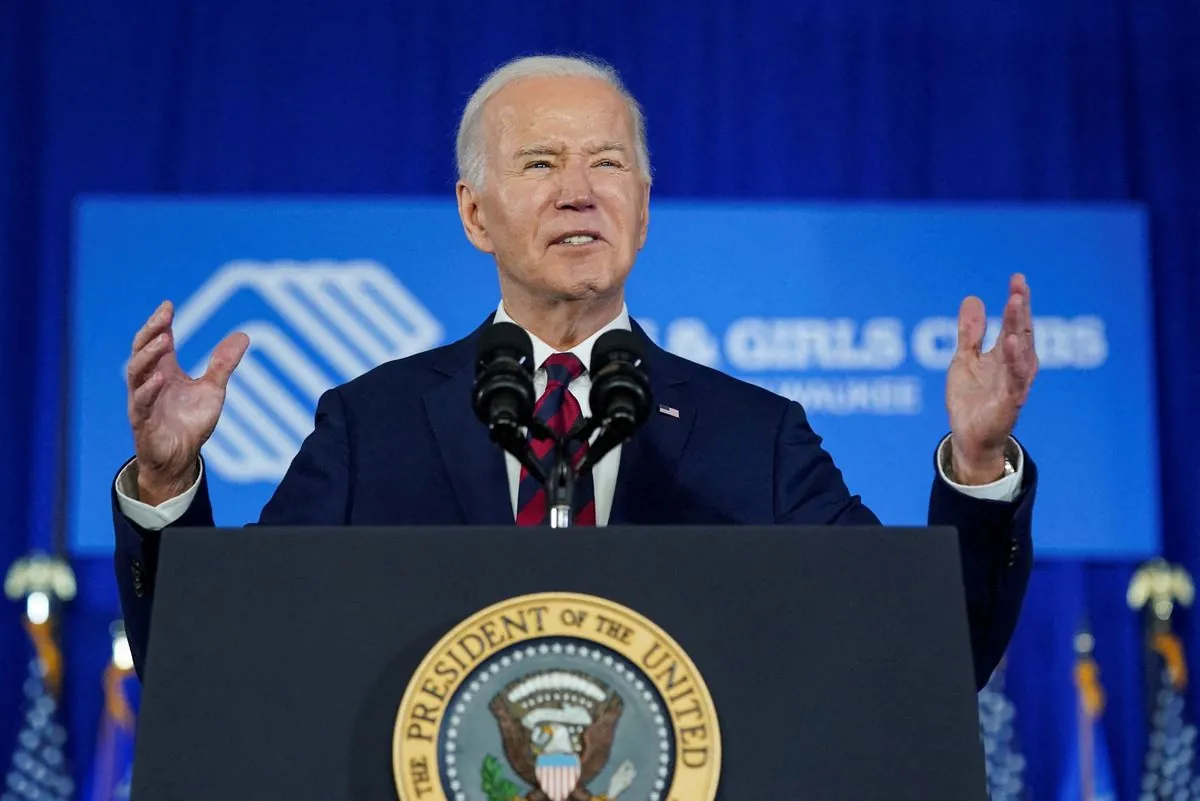Biden Set to Block $14.9B Nippon Steel-U.S. Steel Merger Amid Controversy
President Biden prepares to reject Nippon Steel's acquisition of U.S. Steel, sparking debate on foreign investment and industrial policy. The decision raises concerns about job security and international business relations.

In a move that has stirred significant controversy, President Joe Biden is poised to formally block Nippon Steel's proposed $14.9 billion acquisition of U.S. Steel. This decision, expected to be announced soon, marks a surprising rejection of a deal proposed by Japan, a long-standing U.S. ally.
The potential merger, which would have created the world's third-largest steelmaker, has been under scrutiny by the Committee on Foreign Investment in the United States (CFIUS). Established in 1975, CFIUS plays a crucial role in reviewing foreign investments for national security concerns.
U.S. Steel, founded in 1901 as the world's first billion-dollar corporation, has been a cornerstone of American industry for over a century. At its peak in the 1950s, the company employed more than 340,000 workers, highlighting its significant role in the U.S. economy.
David Burritt, CEO of U.S. Steel, expressed concerns about the deal's potential collapse. He warned that thousands of union jobs could be at risk, and questioned the company's ability to maintain its headquarters in Pittsburgh, where the iconic U.S. Steel Tower stands as the city's tallest building.

In an attempt to salvage the deal, Nippon Steel, the world's fourth-largest steel producer, recently increased its planned investment by $1.3 billion. This additional funding was earmarked for upgrading two of U.S. Steel's largest facilities: the historic Mon Valley Works in Pennsylvania, operating since 1872, and Gary Works in Indiana, North America's largest integrated steel mill.
The proposed acquisition has faced opposition from various political figures, including Vice President Kamala Harris and former president Donald Trump. Many lawmakers have expressed reservations about a foreign takeover of what was once an iconic American brand.
"This decision sends a chilling signal to other foreign companies eyeing U.S. investments."
The U.S. Chamber of Commerce, founded in 1912 and now the world's largest business organization, criticized Biden's stance. They accused the president of politicizing what they view as an unremarkable business transaction, potentially deterring future foreign investments in the U.S.
This controversy highlights a fundamental tension in Biden's approach to the global economy. While his administration has promoted policies to attract both domestic and foreign investment in key industries like semiconductors and renewable energy, the rejection of this deal seems to contradict these efforts.
The steel industry, which has been central to U.S. industrial history since the 19th century, continues to be a focal point of trade disputes and policy debates. U.S. Steel's role in supplying steel for both World Wars underscores its historical significance to national security.
As the November 2024 election approaches, this decision is likely to remain a contentious issue, balancing concerns over job security, industrial policy, and international business relations.


































